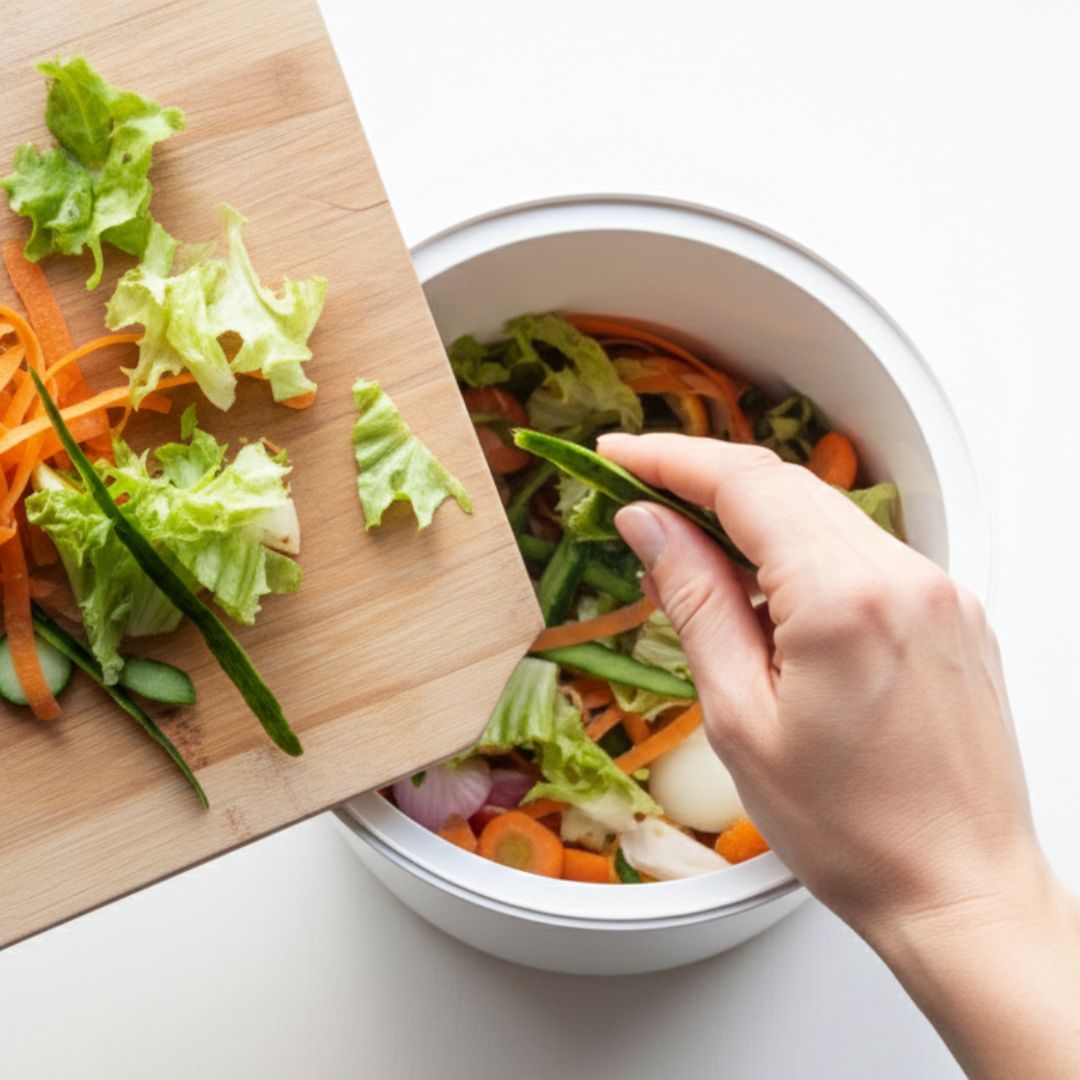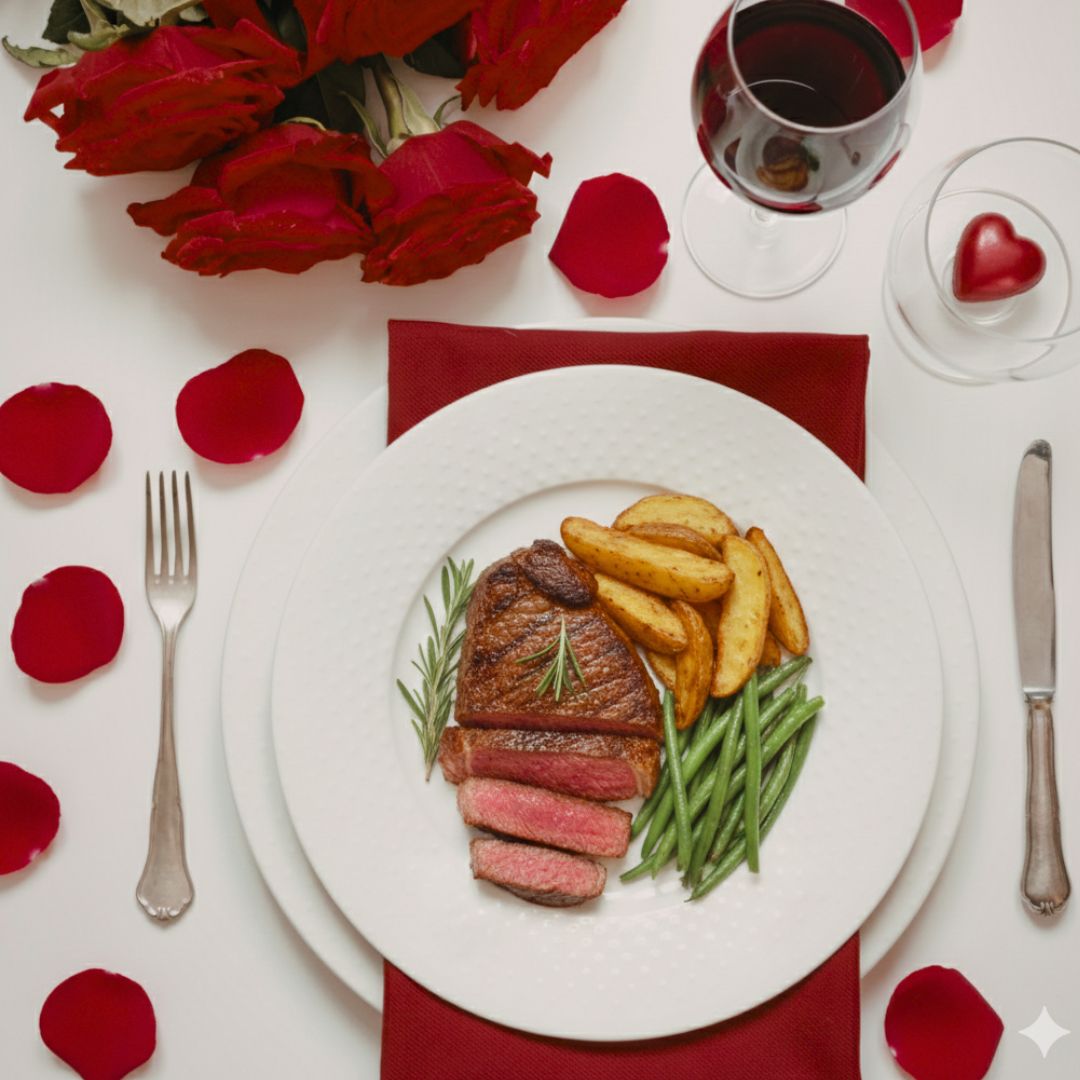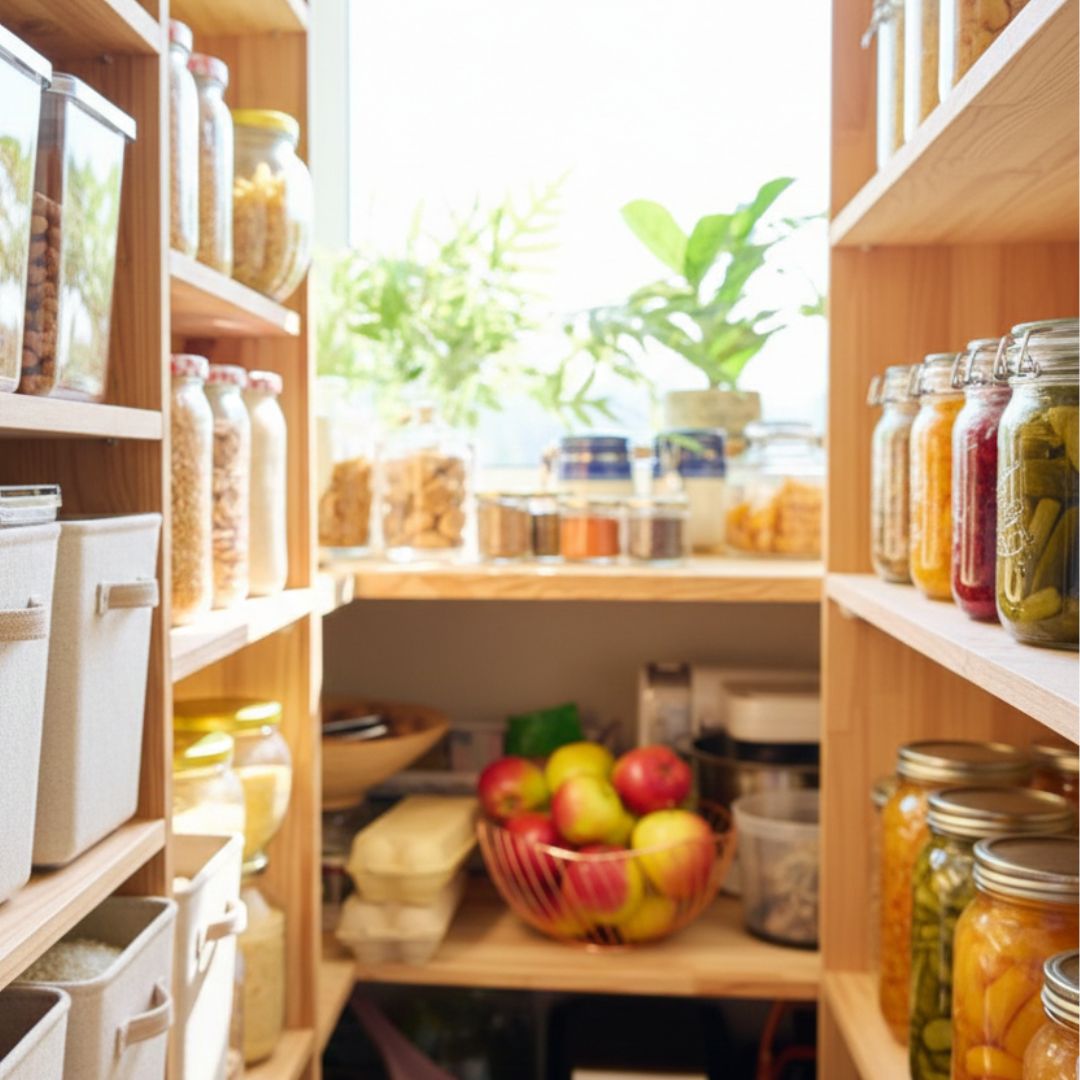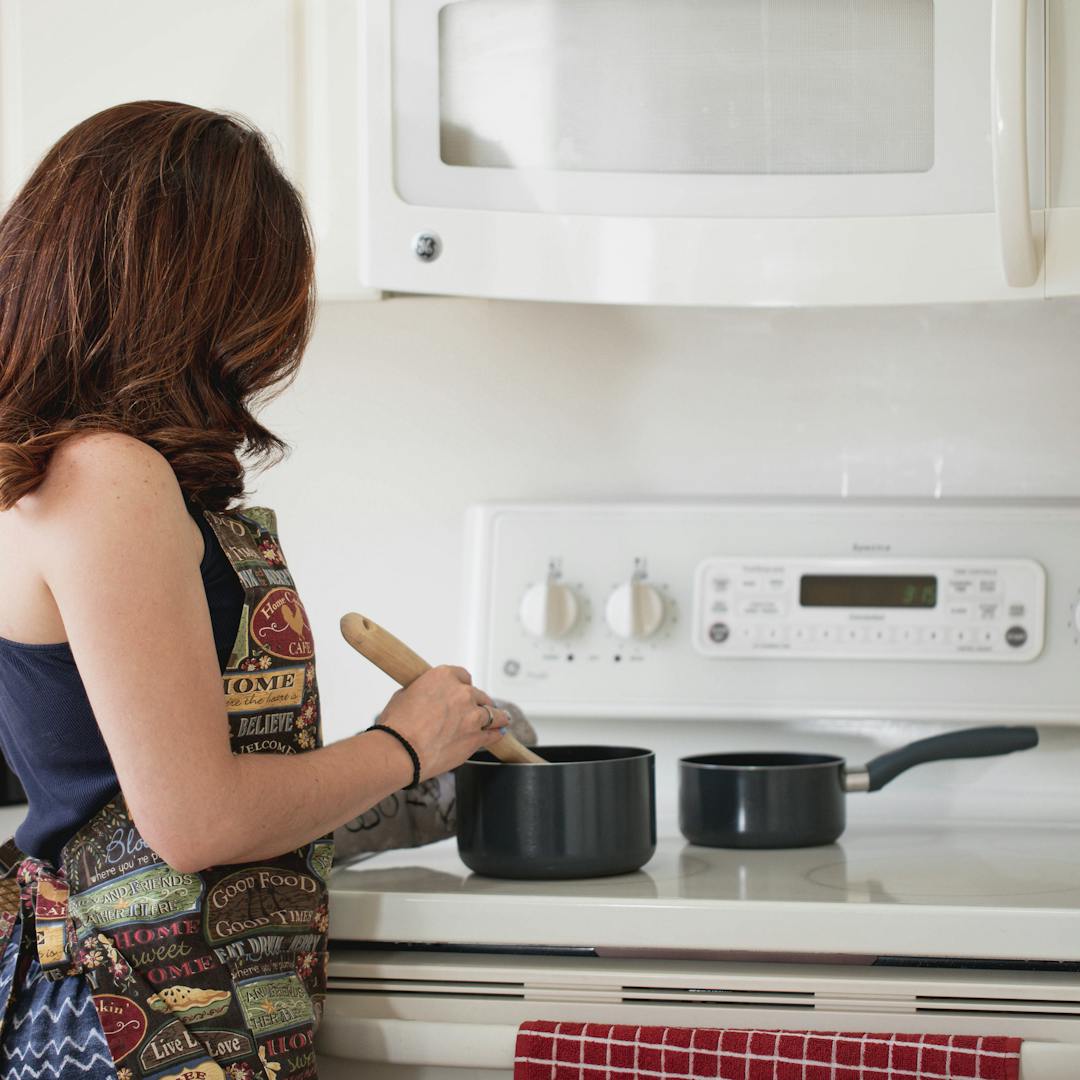Interesting facts from the history of culinary art
2023. 11. 06.
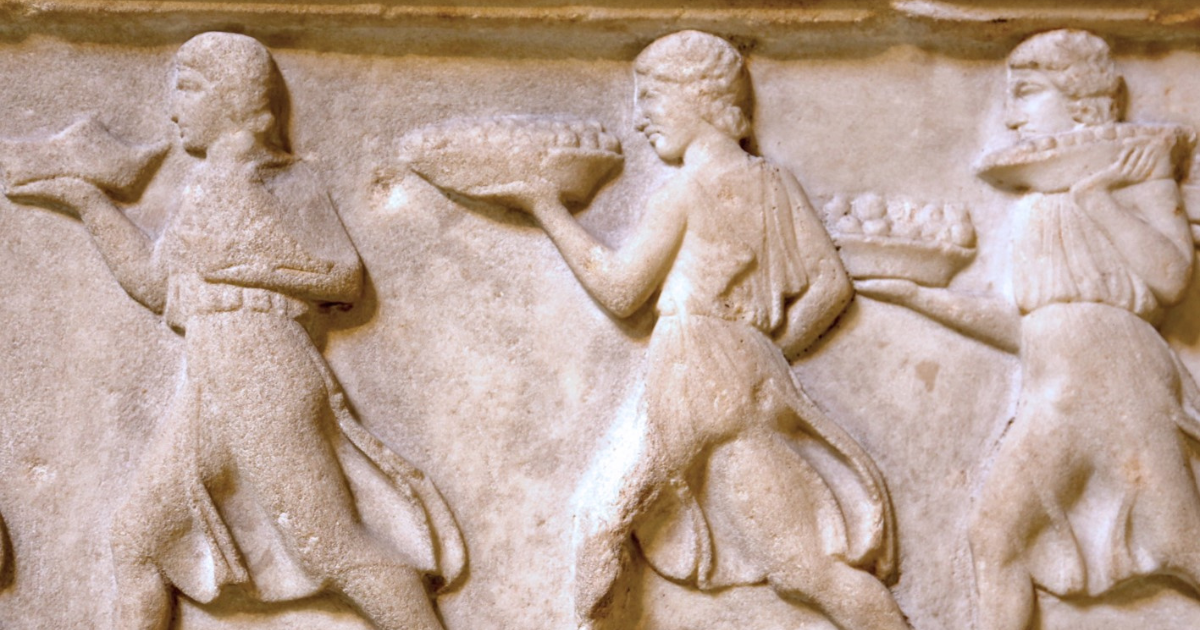
How the art of cooking has changed over the centuries?
Have you ever wondered how the art of cooking evolved from the astonishing discovery of fire to modern kitchen technology? When primitive man discovered the use of fire, it revolutionized food preparation. Can you imagine what a novelty the smell of the first fried meat must have been compared to the raw diet of that time?
It is also worth noting that in medieval Europe, spices were as valuable as gold. Merchants brought them from the far corners of the world to brighten up the tables of the lords.
During the Renaissance, the art of cooking opened up new dimensions. Food was no longer just food, but a status symbol, art and science at the same time. In the 17th century in France, the art of cooking became so sophisticated that it already began to shape the modern gastronomy we know today.
In the 20th century, technological progress brought another revolution to kitchens. The appearance of refrigerators, gas stoves, and microwave ovens made life easier for housewives and made it possible to prepare food quickly and easily. Modern kitchen technologies, such as induction hobs and sous-vide machines, help chefs to discover new dimensions of taste with almost scientific precision.
Gastronomy is not only the history of flavors and nutrition, but also the imprint of the development of human culture, technology and society.
Culinary consequences of the discovery of fire
The discovery of fire was no less than the beginning of a culinary revolution, which brought about one of the most decisive changes in human history.
The heat treatment offered by fire allowed the discovery of new textures and flavor profiles of meats and plants, giving rise to entirely new dietary habits. This is when cooking as a science and an art began. Through the use of fire, humans were able to make food more durable, which ensured longer-term survival and resulted in new forms of social cooperation, as communal meals and food sharing became communal events.
How did trade spice up the world (literally)?
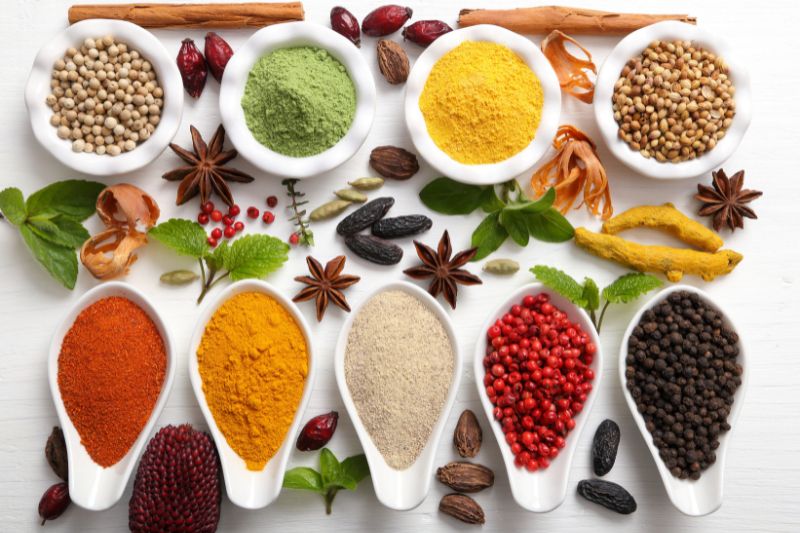
When the smell of spices fills the kitchen, we don't even think about the long and adventurous journey these flavors took to get to us. The history of spices is as exciting as they are: these specialties motivated one of the very first global economic miracles. The Silk Road, which brought the wealth of the Eastern world to the Western countries, transported not only silk, but also spices that changed the eating habits of the world.
The history of pepper, for example, is closely intertwined with the history of the spice trade. This pungent little seed was so valuable that it was once worth gold, and traders risked huge fortunes to bring it to Europe. Pepper and its companions, such as cloves, cinnamon and nutmeg, not only spoiled the taste buds, but were also the subject of political and economic power struggles.
The need for spices drove maritime explorations forward, we discovered new continents for them, and these little condiments started the age of globalization. Today, walking in a spice shop, we are walking straight down the corridor of history, where each shelf represents an era and a culture.
The birth of modern culinary art
And finally: when we talk about modern cuisine, we cannot help but mention the defining role of French gastronomy. French cuisine did nothing less than revolutionize the way food was prepared and thus set the culinary world on a new footing.
The concept of 'haute cuisine', i.e. high culinary art, which began to take shape in the 17th century, emphasized precise techniques, refined flavors and artistic presentation. French chefs (such as Auguste Escoffier) reinterpreted food preparation and introduced principles such as mise en place (everything in its place), which has now become a cornerstone of all professional kitchens.
The influence of French gastronomy can be seen everywhere in modern cuisine. The sauces and soup bases, the baking and cooking techniques, and the menu editing methods are all based on the traditions of French cuisine.
French cuisine not only brought about a revolution at the level of flavors and techniques, but also put the kitchen hierarchy and the training of chefs on a new foundation. Modern culinary art thus became global, building on the roots of French gastronomy, and gave space for the incorporation and reinterpretation of local traditions and flavors.
Did this little historical overview get you in the mood for cooking? Then you are in the best place! We provide you with useful tips and advice in several of our blog posts and in our, online store you will find everything a modern kitchen needs!
 Austria
Austria
 Belgium
Belgium
 Bulgaria
Bulgaria
 Croatia
Croatia
 Czech Republic
Czech Republic
 Denmark
Denmark
 Estonia
Estonia
 Finland
Finland
 France
France
 Germany
Germany
 Greece
Greece
 Hungary
Hungary
 Ireland
Ireland
 Italy
Italy
 Latvia
Latvia
 Lithuania
Lithuania
 Luxembourg
Luxembourg
 Netherlands
Netherlands
 Poland
Poland
 Portugal
Portugal
 Romania
Romania
 Slovakia
Slovakia
 Slovenia
Slovenia
 Spain
Spain
 Sweden
Sweden
